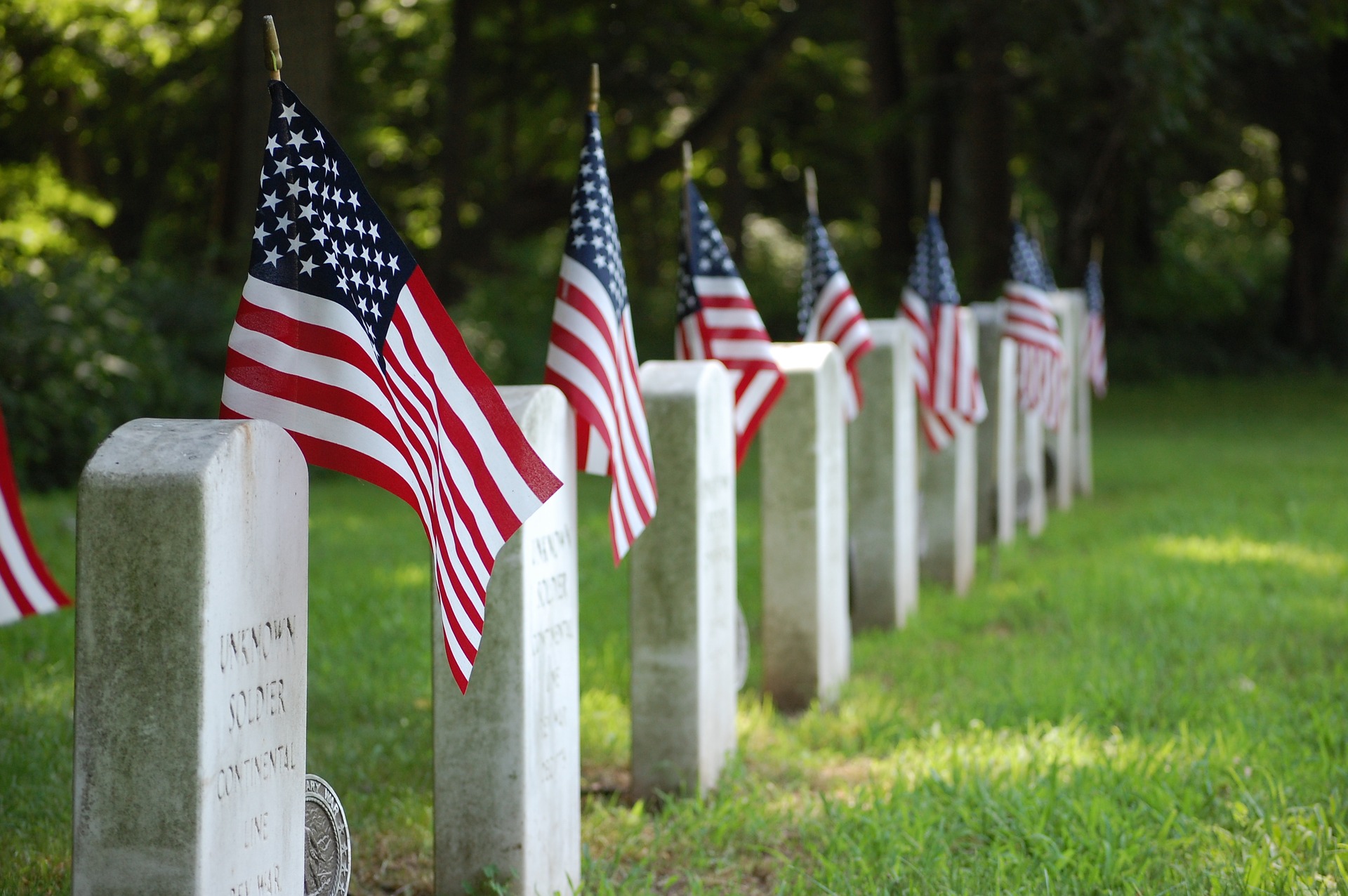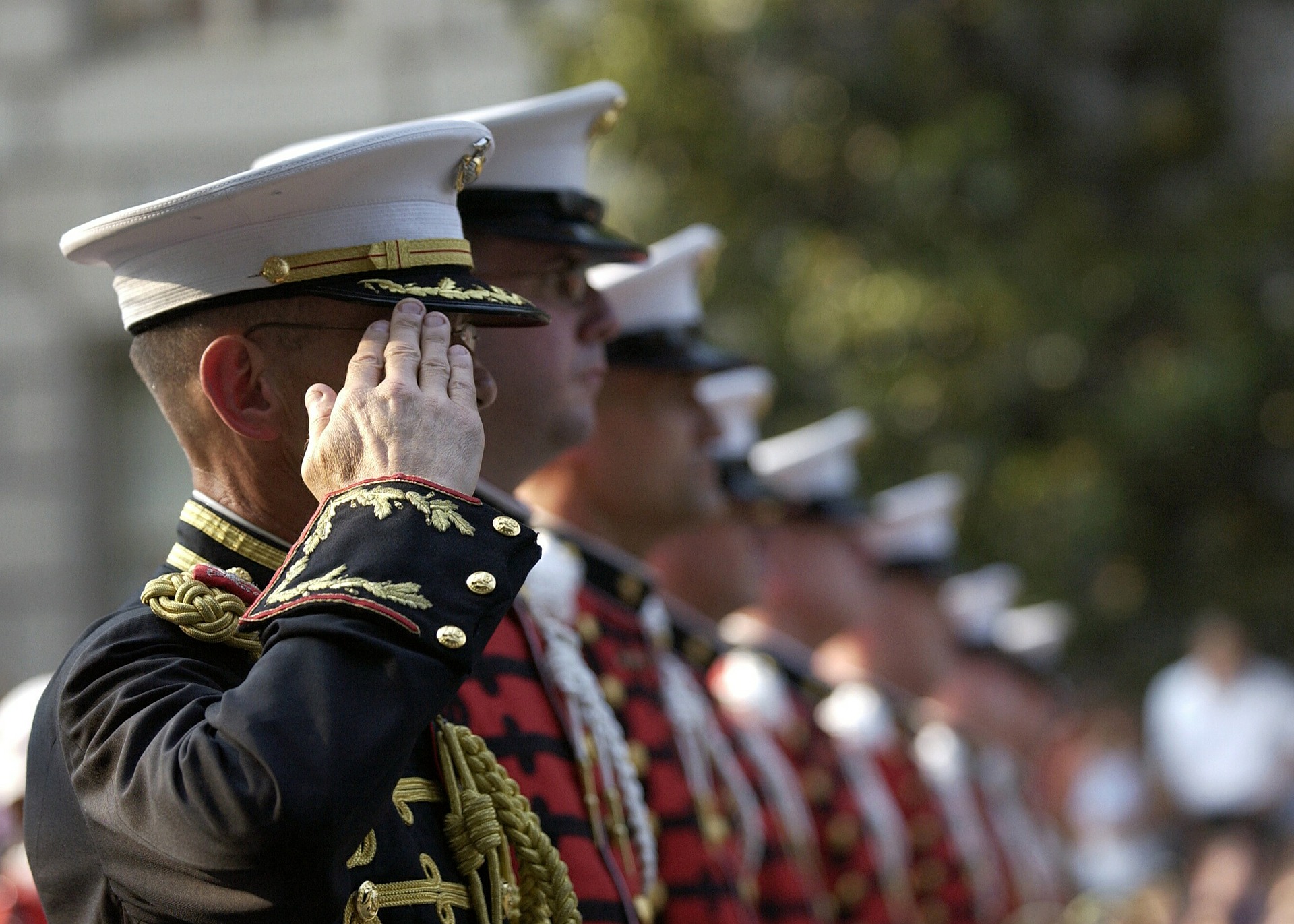Remembering
Some things were never meant to be forgotten, like the value of human life. This is not a western idea. Jesus of Nazareth taught over and over the need to live peaceably and to love everyone. Period. In the beginning of all things, we were made male and female; we developed different physical, social, and cultural characteristics as we multiplied and spread across the face of the earth. The Bible teaches that this was God’s plan from the beginning; all people were valued the same. Our differences make us unique and our sameness makes us family.
The Bible teaches that we humans are part of a cosmic battle of good versus evil. That very real Evil works in the hearts of men to destroy the purposes of Good. James Bradley, in his book Flyboys: A True Story of Courage, observes, “War is the tragedy of what might have been.” Over the centuries in the history of mankind, there has been plenty of war and there has been plenty of might-have-beens. Fighting and dying, none of it good, cuts short the life and breath and accomplishments of all concerned. Many have died fighting a foreign enemy or a familiar enemy or someone not even their enemy, just on the other side. We need to remember why leaders go to war and that leaders, regardless of cultural mythologies, are flawed humans too.
 My grandfather recently passed from this earth. He was 91 years old and proudly served his country in WWII such a long time ago. You would have thought it was last month the way he talked; once a Marine, always a Marine, and patriotic to the end. He told stories worth repeating, the fun ones about the challenges of training, the people he met, and the places he saw. He and his buddies trained and prepared. They went out to sea to do a job and they did it and came home to tell about it. Not all were so lucky.
My grandfather recently passed from this earth. He was 91 years old and proudly served his country in WWII such a long time ago. You would have thought it was last month the way he talked; once a Marine, always a Marine, and patriotic to the end. He told stories worth repeating, the fun ones about the challenges of training, the people he met, and the places he saw. He and his buddies trained and prepared. They went out to sea to do a job and they did it and came home to tell about it. Not all were so lucky.
So, what is it that we need to remember? Respect and honor are due the fallen brave. Ancient Greeks and Romans honored their dead and fallen soldiers with annual public feasts and festivals and decorated their graves with flowers. American families tended to the graves of their fallen beloved placing flowers on them even before the end of the Civil War. Formal ceremonies accompanied this practice of decorating the gravesites so that the Civil War holiday remembrance was called Decoration Day for over a century. It did not include recognition of fallen soldiers in all U.S. wars until after the U.S. entered WWI and did not become Memorial Day, a nationally recognized holiday, until the 1970s.
So how do we show our respect? Communities hold formal ceremonies or parades that quite often end at local cemeteries or memorials. Families and businesses fly flags at half-staff. Military and Scout groups place flags on graves of veterans and many families visit cemeteries to place flowers there. The Minnesota Historical Society offers tours at Fort Snelling over Memorial Day Weekend. Go here for tours at additional historical locations. Visit the many war memorials at the capital in St. Paul. Visit the Northfield Area Veterans Memorial and the Civil War Monument in Bridge Square. Check out the many memorials and burials throughout Minnesota here and by county and city here. We also need to respect and honor the living warriors. Visit people in your community who served in past wars and find out ways you may befriend and help them. Showing kindness never gets old and ways to do it are endless. President Ronald Reagan reminded us on Memorial Day 1986 at Arlington National Cemetery that we owe all our fallen a promise to keep the peace because, “We must always remember that peace is a fragile thing that needs constant vigilance.” That is what we must remember.
CREDIT: skeeze@pixabay
Emilyatcabin@pixabay

